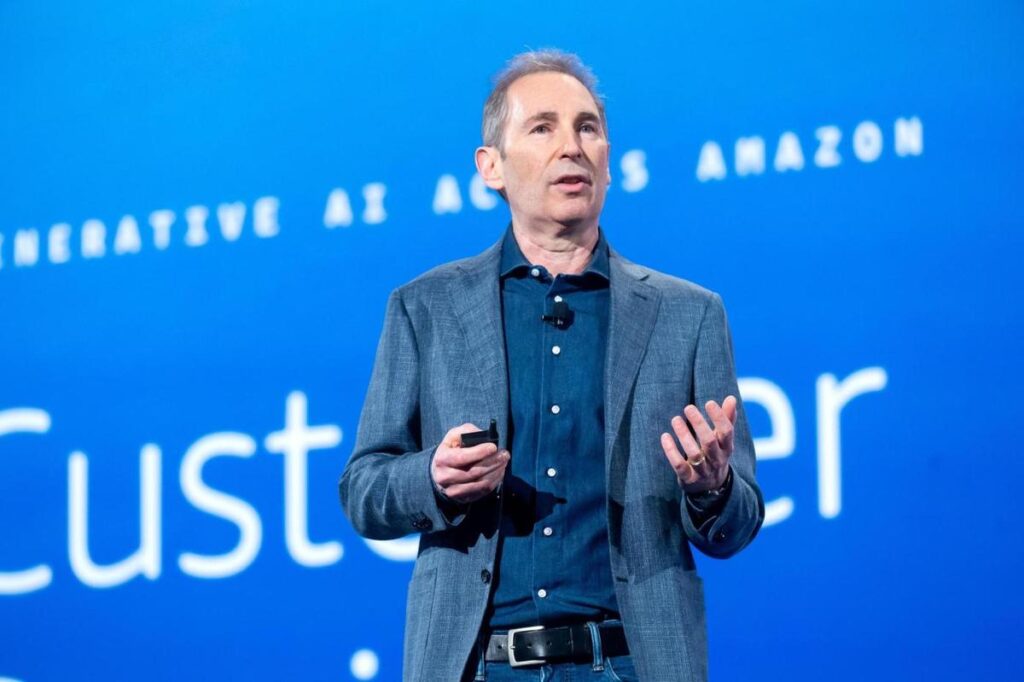AI Impact on the Job Market: Balancing Concerns and Realities
As companies continue to streamline operations and embrace AI technologies, the impact on the job market is a topic of increasing concern among workers. The potential for AI to automate tasks, displace workers, and create new job roles is a complex issue that requires careful consideration.
The Evolution of AI in the Workplace
Anthropic, an AI startup, recently warned that AI advancements could eliminate over half of all entry-level white-collar jobs within the next few years. This prediction, while alarming, underscores the rapid pace at which AI is transforming various industries.
Despite the apprehension surrounding AI, major tech companies like Microsoft, Intel, Amazon, and Meta are actively incorporating AI into their operations. While this has led to job cuts in some areas, it has also created a demand for skilled professionals to develop and maintain AI systems.
The Role of AI in Job Functions
AI’s ability to automate tasks previously performed by humans is evident in sectors like software development. Companies like Salesforce report that AI is already handling a significant portion of their work, signaling a shift in the nature of job roles.
Moreover, the rise of AI-related job listings, including positions like AI engineer, AI content developer, and AI services architect, indicates a growing demand for individuals with expertise in artificial intelligence.
Navigating the Future of Work
While concerns about job displacement due to AI are valid, it is essential for workers to adapt to the changing landscape of the job market. Upskilling in AI-related fields and embracing new technologies can help individuals remain competitive in an evolving workforce.
Ultimately, the impact of AI on jobs is a nuanced issue that requires a balanced approach. By understanding the opportunities and challenges that AI presents, workers can proactively prepare for the future of work.


